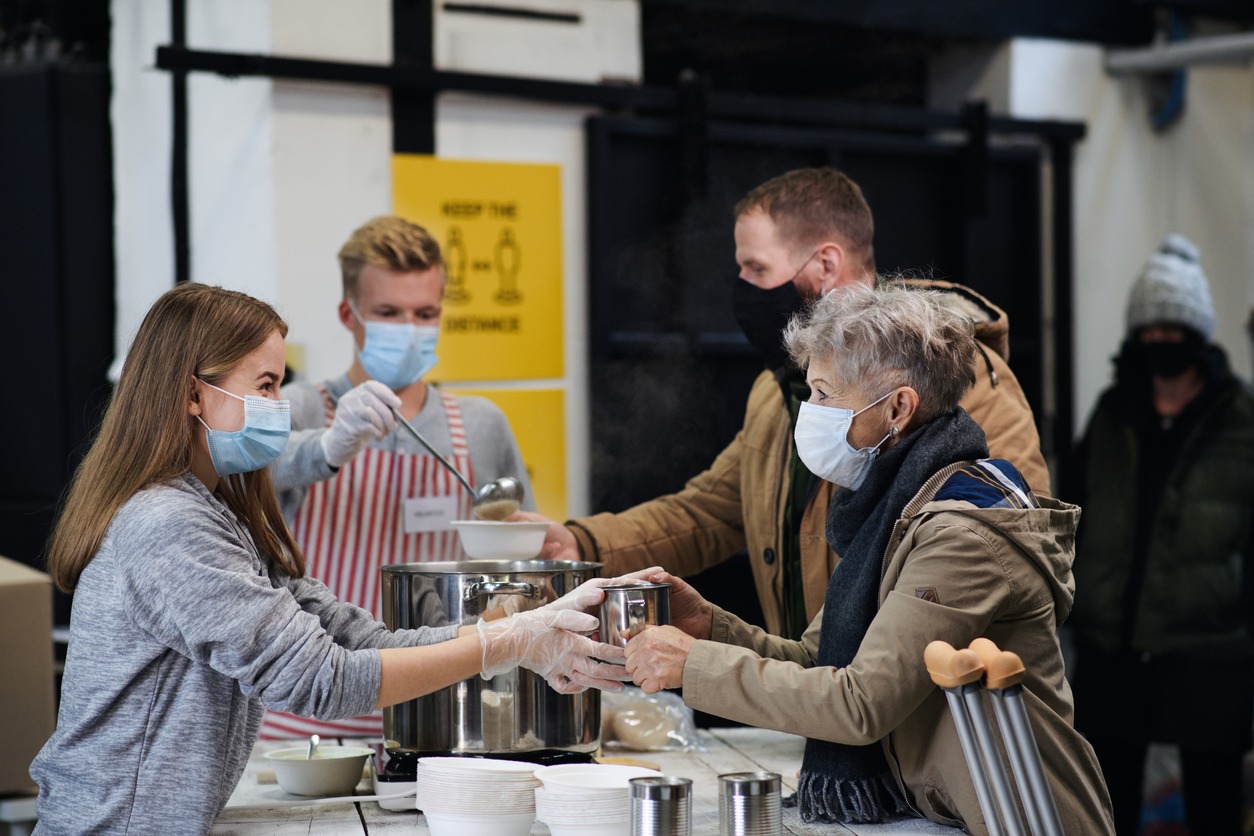A soup kitchen, by definition, is a location where the homeless and underprivileged may get free food (typically soup and bread) without being judged or discriminated against. Typically, these establishments are managed by philanthropic or religious groups and staffed entirely by volunteers.
The most crucial thing is a genuine desire to serve the needy. Volunteering may not make you wealthy, but it does provide you with something far more valuable: happiness. Helping people in need provides a sense of fulfillment that no money can purchase. It aids in discovering that elusive sense of calm and pleasure that only expensive automobiles and flashy electronics can provide.
Soup Kitchen Volunteer Details
| Category: Outdoors, Physical, Social, Volunteering | Time: 1-2 hrs | Skill: Little |
| Initial Cost: Free | Space: little | People: large |
| Long-Term Cost: Free | Makes Money: No | Location: indoor, outdoor |
What Is a Soup Kitchen and Why Is It Called That?

Since ancient times, soup has been served to the impoverished and hungry by philanthropic groups. Aside from being cost-effective, a hot soup may also be highly satisfying, making it the ideal food choice for relief agencies with minimal resources. Then, during the Great Depression, these food distribution centers became more common in the United States. People would queue up to obtain their daily soup and bread at these establishments (which generally have huge kitchens). As a result, the phrase “soup kitchen” was coined.
Soup Kitchens vs. Food Pantries: What’s the Difference?

Soup kitchens and food pantries provide food to the homeless, but their techniques are different.
Food pantries distribute pre-packaged foods that recipients may consume and prepare at home. Individuals who live far away from these institutions would appreciate this. They can get up to a week’s supply of food without having to go to the food pantry every day.
On the other hand, Soup kitchens serve freshly prepared meals that may be consumed on the spot. Soup kitchens, unlike food banks, give meals to anybody who shows up, no questions asked. This is why it’s an excellent configuration for feeding the homeless and people who rely on food assistance on a long-term basis. They can have a hot lunch in a setting devoid of prejudice and bigotry.
What is the Purpose of a Soup Kitchen?
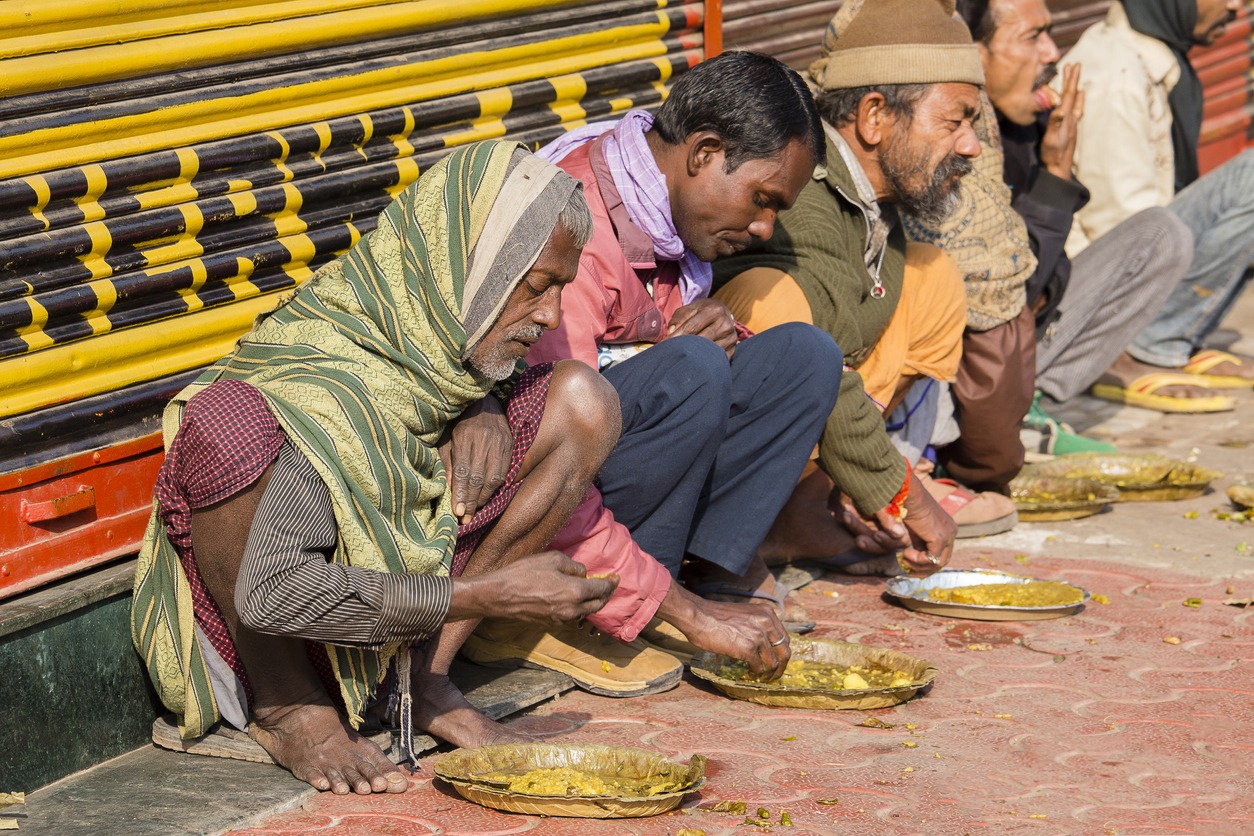
Hopelessness is a common emotion among the homeless. Soup kitchens have become a haven for less fortunate individuals. It offers them hope that everything is not lost and that others still care about them. They are not criticized, discriminated against, or made to feel worthless in these safe-havens. They are instead looked after and regarded as equals.
Most soup kitchens also provide other necessities such as clothing, hygiene kits, and free food. While some soup kitchens merely serve soup and bread, others offer a fully prepared dinner. They also provide a sandwich and other treats in a take-out bag.
However, a soup kitchen’s most vital function is to provide the homeless with a sense of belonging. This is a significant concern for someone who doesn’t have an apartment, especially around important events.
Getting Started

Starting a soup kitchen is a complex job. It necessitates sacrifices and dedication. So, if you’re thinking of starting your soup kitchen, be aware that you’re in for a long haul.
It would be best to have a firm strategy in place before you begin.
- Define your mission’s scope- It’s just not possible to meet all of the homeless requirements, no matter how much you want to. This is why you must specify your mission’s scope. What geographical area do you cover? Will you only give hot meals or supply clothes and toiletries? When determining the range of your services, use these questions as a guide.
- Evaluate your resources- A vital component of the planning process is evaluating your access to resources. Do you have a group of people eager to help you with your project? What kind of help can you expect from the government? Include these in your preparation since they will help you get the most out of your resources.
- Get in touch with organizations and groups- There’s a fair probability that local churches are looking for volunteers. To bring members and non-members together, churches frequently conduct various events. Some churches are non-profit organizations, which means they only have a few paid employees and rely on volunteers for the remainder of their operations. You can serve in your church by singing in the choir, passing out offerings, organizing church activities, or even going on a mission trip.
- Develop a Food Service Plan- A soup kitchen must follow food sanitation rules since it offers meals to the public. This is why, before you begin operations, you must create a foodservice strategy. You may check Mission Possible: How You Can Start and Operate a Soup Kitchen for your reference.
Fundraise and collect food donations
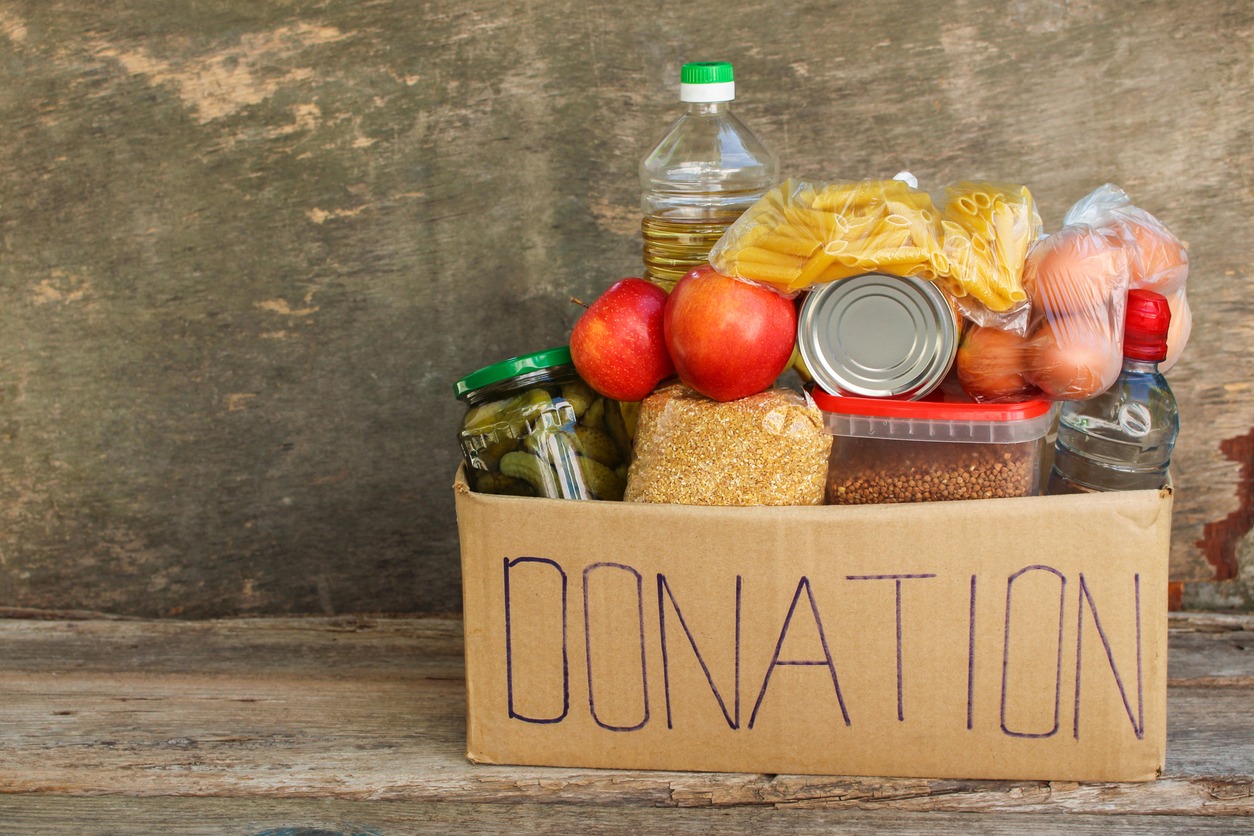
Soup kitchens rely on contributions, as you may know. As a result, fundraising efforts are critical to the soup kitchen’s success.
A soup kitchen can collect income and donations in a variety of ways. There are a lot of easy fundraising ideas to fund the soup kitchen.
If you’re not interested in event management but have a solid command of the English language, you might want to try your hand at creating an email campaign. If your goal is to fund a personal project, this may not be the best option, but it has a decent possibility of generating funds for the soup kitchen.
Reasons to pursue this hobby
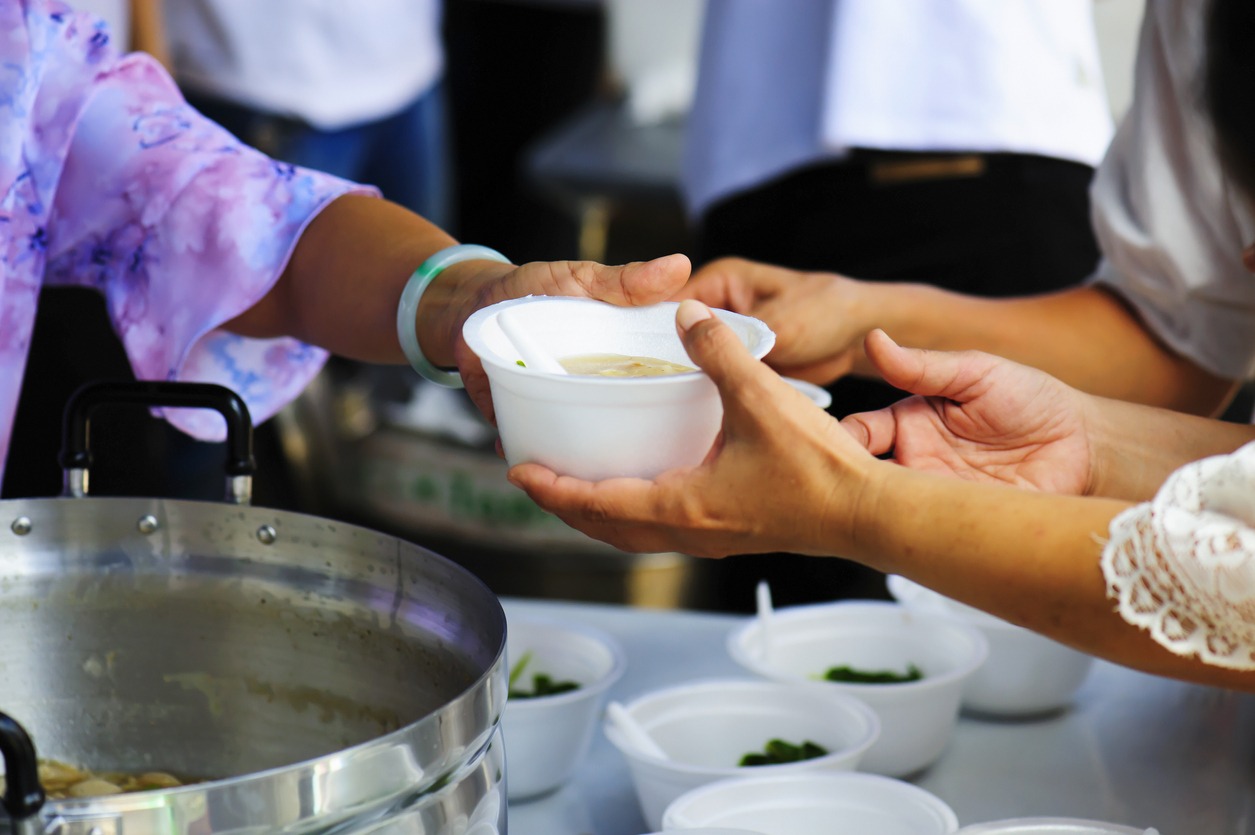
- You Make a Real difference in Someone’s Life- Nothing compares to witnessing the joy on the faces of those you’ve helped. It’s enough to brighten your spirits just knowing you’ve made a difference in someone’s life. That’s when you realize you’ve been given a mission. It makes you know that your job entails much more than just cooking and serving food. You’re making a difference in someone’s life, which is both empowering and humbling.
- You Meet People Who Share Your Interests- Volunteering is more than simply a way to assist others; it’s also a way to meet new people. You meet folks who share your enthusiasm for helping the disadvantaged. It’s a lot simpler to become friends with folks who share your hobbies and viewpoints.
- You Gain a Better Understanding of Life- Learning about other people’s lives is integral to meeting new people. Their experiences will teach you essential truths that you won’t find in books or movies. You’ll have a better understanding of life, relationships, forgiveness, and sacrifice, among other things. These lessons will help you mature and improve as a person. You’ll be giving yourself the chance to see life through the eyes of others, rather than simply your own ethnic or social background.
- It enables you to develop a variety of life skills- As a volunteer at a soup kitchen, you may perform a variety of things. You can always arrange the shelves or clean the dishes if cooking isn’t your thing. You can complete the inventory if you’re a stickler for details. These activities assist you in honing and sharing abilities that you may apply in other areas of your life.
- You’re leading by example- If you have younger siblings or children, they likely look up to you as a role model. Assisting the homeless allows you to set a positive example for your children. It’s also a chance to instill the values of generosity and empathy in them.
Turn your hobby into a family bonding
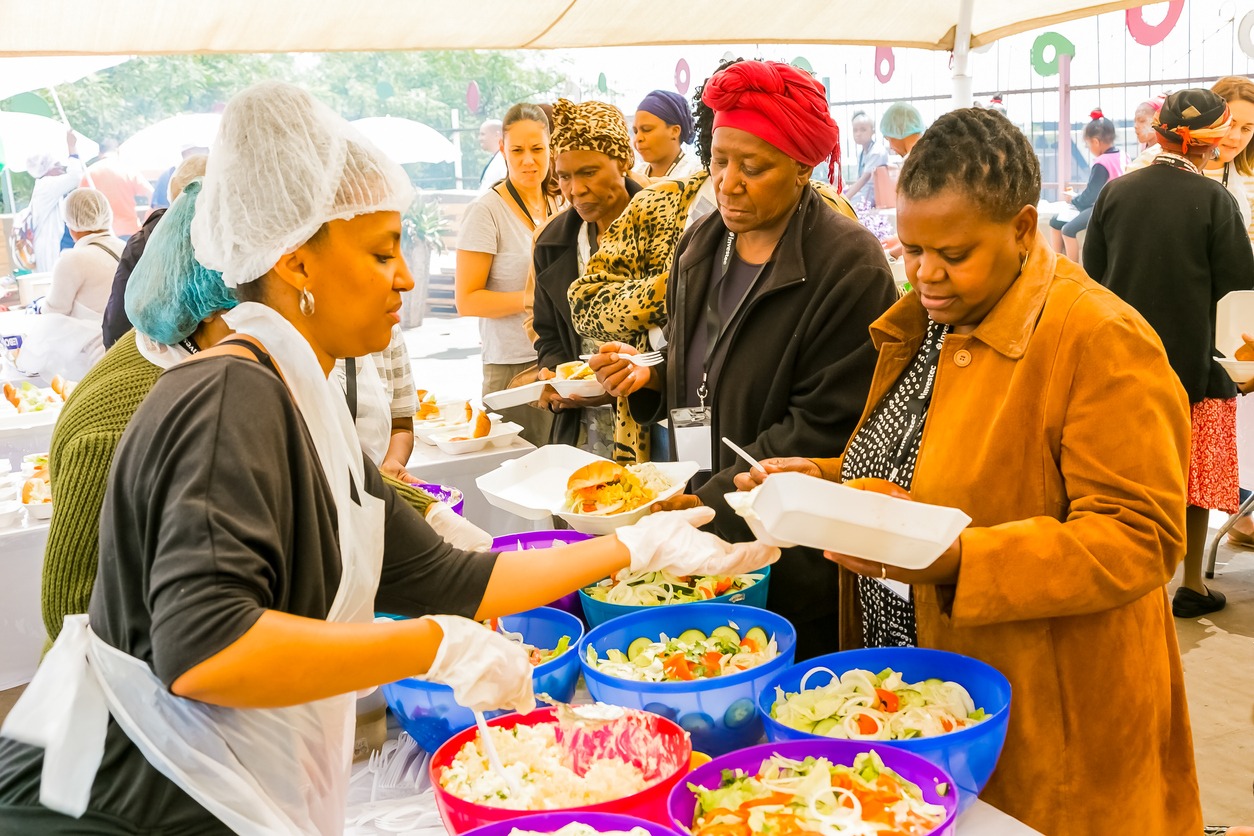
Forget about Disneyland and expensive European vacations. Volunteering at a soup kitchen may be just as enjoyable for the whole family.
Even little children can help in a soup kitchen with various chores. They can assist in the assembly of takeout bags or hand-out napkins.
You’re teaching your children to be responsible citizens and unique human beings, not just aiding the homeless.
Aiding the impoverished and destitute helps to put things in perspective. You’ll understand that your issues are trivial compared to theirs when you witness folks who are happy despite their difficult circumstances. You begin to appreciate that you have a roof over your head, a job, a family, and the ability to eat whenever you want.
Conclusion
One free hot meal a day may not seem like much to you, but it might mean the difference between life and death for others. Join us in our efforts to assist the homeless. Donate to a local soup kitchen or volunteer there. With one little act of kindness at a time, people can transform the world.
